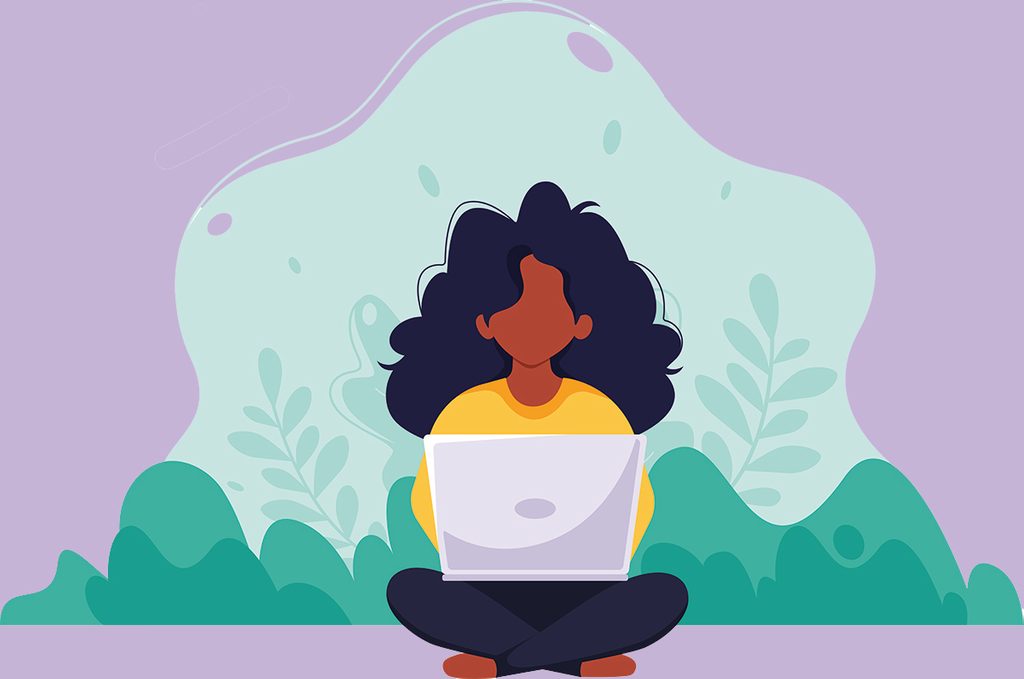How To Find the Right BIPOC Therapist for You

"Regardless of your therapist’s ethnicity, instead of not acknowledging race and letting it become an elephant in the room, don’t be afraid to make it part of the conversation."
Like anything, counselling is a learning process. In my attempts, as a person of colour, to find the right therapist (which I wrote about here), I’ve learned through failure and advice. Here’s what I would do differently next time.
Think hard about fit
The therapist-client relationship is entirely unique, but it may be helpful to think of it more like online dating than finding a doctor. When you begin your search, first think about what you need. Then read therapist profiles carefully—this will include their location, specialties, pricing, pictures, and languages. Pay attention to how they describe their approach and see if it makes sense to you. Nearly all therapists offer a short free consultation, and this is the time to ask detailed questions about their guiding beliefs and how they run their sessions.
(Related: Why are there so few BIPOC therapists in Canada?)
Ask questions, and don’t rush into things
If you are looking for something specific, like to have sessions in another language or dive into LGBTQ identity, ask if that’s part of what they do. Don’t rush into things, and speak to a variety of practitioners. Lean towards the ones whose approach feel not just acceptable, but exciting, and who makes you feel most comfortable. Listen to your gut. Then there’s nothing to do but try it out—despite meticulous screening, it still might not work out, but knowing that from the outset helps manage expectations.
Make race part of the conversation
Regardless of your therapist’s ethnicity, instead of not acknowledging race and letting it become an elephant in the room, don’t be afraid to make it part of the conversation. If your practitioner is of a different race, ask them if they feel capable of handling issues that are tied to your background or the racism you experience; if they’re from a similar background, point out how shared experience can help. The relationship should be built on transparency and trust.
(Related: Why It’s Important to Know What BIPOC Stands For)
Take advantage of the flexibility of virtual therapy
One good thing this pandemic has brought forth is the prevalence of video therapy sessions, and the therapists I spoke to believe that they’re here to stay. For racialized people in rural or smaller communities, this opens up many possibilities—there is a growing movement of BIPOC practitioners around the country whose practices are rooted in anti-racism and cultural awareness instead of “race neutrality.” I’m optimistic, cautiously, that one of them can help me feel pride and joy from the skin I’m in, instead of seeing it as something I need to be liberated from.
Next: Covid Couples Therapy — Expert Tips on How to Talk About the Tough Stuff




